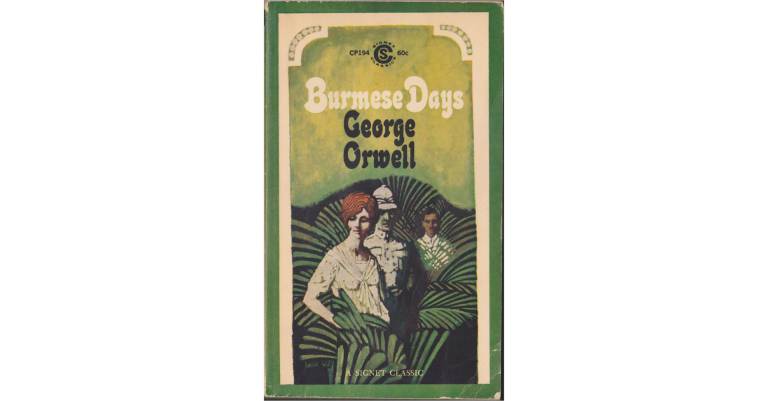IAS Talking Points Seminar: The Secret Life of Libel Law in Late Colonial Fiction
04 July 2023, 6:00 pm–8:00 pm

Dr Roanne Kantor discusses the ways in which defamatory libel shaped the ability of both British and Indian authors to write about empire.
This event is free.
Event Information
Open to
- All | UCL staff | UCL students | UCL alumni
Availability
- Yes
Cost
- Free
Organiser
-
Institute of Advanced Studies
Location
-
IAS Common Ground, G11Ground floor, Wilkins buildingUCL, Gower Street, LondonWC1E 6BTUnited Kingdom
IAS Orwell Visiting Research Fellow, Dr Roanne Kantor (Stanford University) will discuss the ways in which defamatory libel shaped the ability of both British and Indian authors to write critically about empire. She begins with a relatively simple question: why did Katha became Kyauktada in George Orwell’s Burmese Days, Patna turned into Chandrapur in E.M. Forster’s A Passage to India, while Hambantota transmuted into Beddegama in Leonard Woolf’s The Village in the Jungle? As publishers, champions, and co-workers at the BBC, these men also helped shape the writing of later Indian authors, who also tended to write about lightly disguised ‘benami’ places - Kanthapura, Bulashah, Malgudi, etc. Though places cannot themselves be libelled, to set a story in a real place is to suggest that the characters are also based on real people - and thus might be perceived, within the liberal ambit of British libel law, to defame them. Orwell, for example, was told explicitly to make changes of this type to the setting of Burmese Days to avoid libel jeopardy. Forster became an advocate for libel reform after being sued in the 1930s, at the same time he was working with Mulk Raj Anand, Ahmed Ali, etc. These gestures, long associated with a modernist penchant for ambiguity and indeterminacy (Forster’s infamous “muddle” and the undecidability of what happened in the Malabar Caves) or with the deracinated nature of English in a colonial context, might actually have a shared, concrete origin point in the law.
Chair: Professor Jean Seaton (University of Westminster and Director, Orwell Foundation)
Respondents: Professor Christopher Pinney (UCL Anthropology) and Dr Natasha Eaton (UCL History of Art)
About the Speakers
Dr Roanne Kantor
Orwell Visiting Research Fellow
Roanne Kantor's primary field is Global Anglophone literature and its relationship to other literary traditions of the Global South. She also works on the conditions for interdisciplinary research in the humanities, especially literature's interface with medicine and the humanistic social sciences. Kantor is also a translator and the winner of the Susan Sontag Prize for Translation. Before coming to Stanford, Kantor taught at Harvard, Boston University, Brandeis, and The University of Texas at Austin, where she earned her Masters and Ph.D.
More about Dr Roanne KantorProfessor Jean Seaton
Director, Orwell Foundation at University of Westminster
More about Professor Jean SeatonProfessor Chris Pinney
Professor of Anthropology at UCL
More about Professor Chris PinneyDr Natasha Eaton
Reader in the History of Art at UCL
More about Dr Natasha Eaton Close
Close

